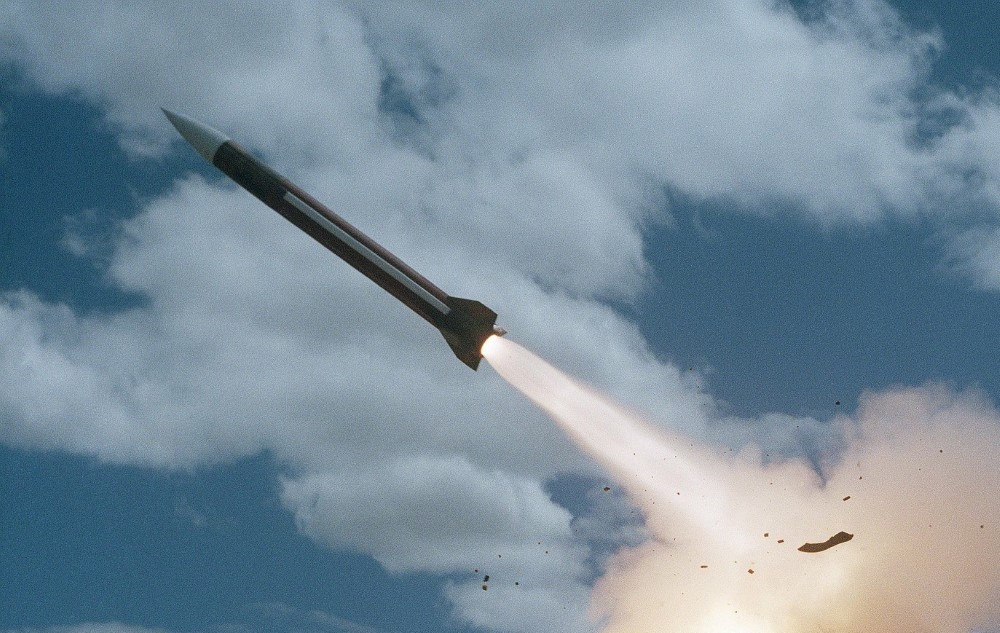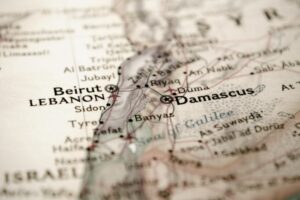
Israeli defense officials estimate that Hezbollah will fire thousands of rockets and missiles a day in a future war. Iranian missiles and drones have also been deployed in Syria, Iraq and Yemen.
How will Israel cope with a massive missile assault over an extended period? The model used to intercept rockets from Gaza is clearly unfit for an all-out war. But during a broad regional conflict, the IDF will adopt an entirely different game plan of defensive and offensive moves.
The Israeli plan consists of three steps. First, Iron Dome batteries and other air defenses will be shifted to mostly defend strategic sites such as Air Force bases and critical infrastructure. Israel will also shut down its seaports for several days to deprive enemy forces of key targets, the outgoing Navy chief revealed.
The modified deployment will ensure that the army and crucial services will continue to function to enable the war effort. However, many residential areas will largely remain without protection.
Long stay in bomb shelters
Under this model, the IDF will implement the second step by ordering residents to remain in bomb shelters for days. Currently, Israelis only take cover when rocket sirens are activated, but this will change in a large missile war.
The IDF air defense chief already hinted to this in an interview with Walla News. The army could issue unprecedented instructions to northern Israel residents in the next war, Major General Gilad Biran warned.
Israel is hoping to dramatically minimize casualties by ordering residents in some areas to stay in shelters as heavy barrages continue to rain down. As most Hezbollah rockets are not precision-guided, a massive assault would cause extensive damage, but the death toll could be limited if civilians remain in fortified spaces 24 hours a day.
Eliminating rocket cells
The third phase in Israel’s plan of action is an intensive military effort to reduce the rocket fire. The Air Force will be bombing missile depots and launchers on all fronts, while utilizing new methods to spot and eliminate threats.
However, unlike recent wars, the IDF will mobilize significant special forces behind enemy lines to hunt for rocket cells. The army’s elite Ghost unit has been training for this mission and specializes in rapid detection and destruction of enemy targets.
The IDF Commando Brigade is also preparing to strike deep in Lebanon.
An Israeli ground offensive will aim to eliminate or push back as many terror squads and launchers as possible. This effort will neutralize some of Hezbollah’s short-range rockets and push others out of range, thus easing the intensity of the attack on Israel’s citizens.
In parallel, the army will destroy numerous enemy assets deep in enemy territory.
The IDF’s plan aims to keep the next conflict relatively short, while minimizing casualties on Israel’s home front. However, the damage will be massive given the dynamics of such military clash. A study by two veteran intelligence analysts warned that the war is expected to be deadlier and more devastating than ever.


